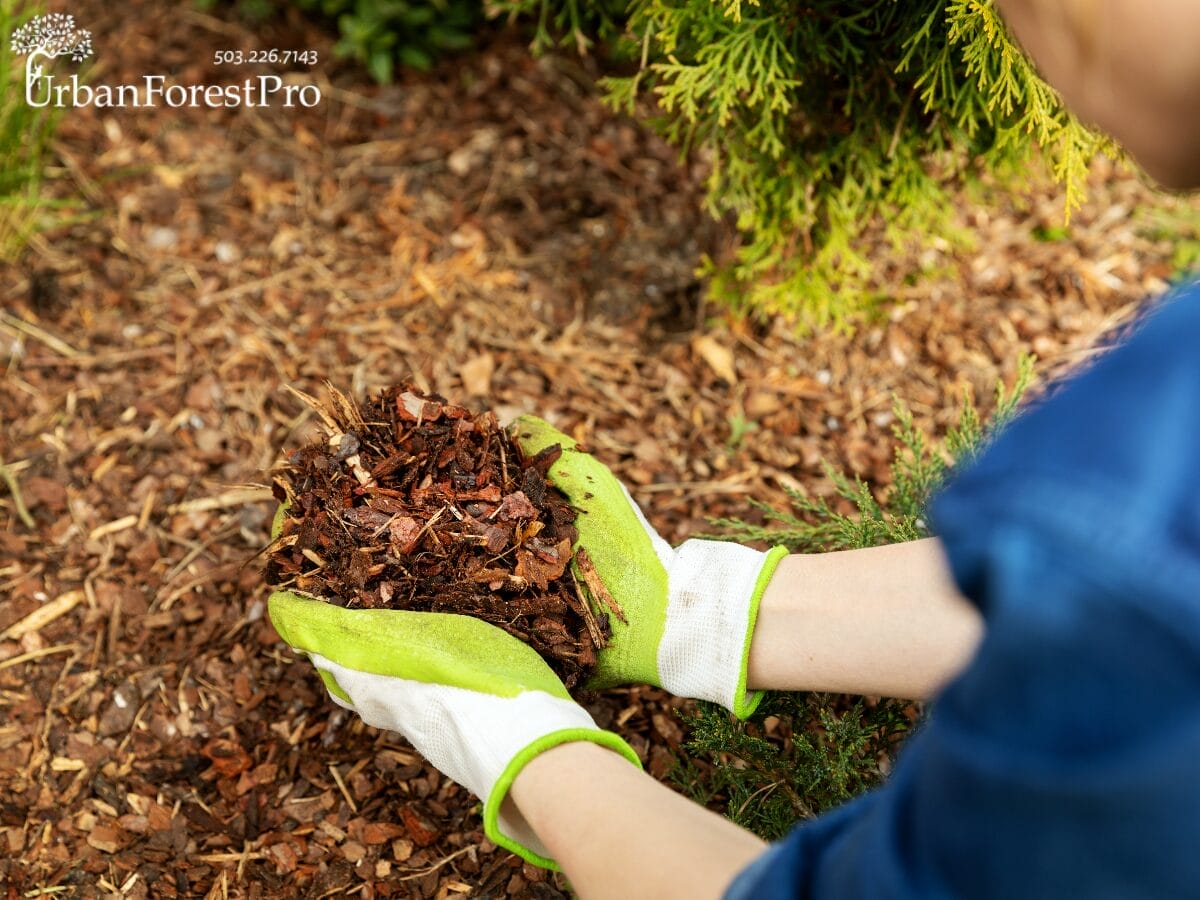 Fertilizing trees is an essential part of their long-term health, but knowing when and how to do it is key. Many homeowners wonder whether they should fertilize their trees in every season or if there’s a specific time that yields the best results. This guide breaks down the best times to fertilize, the types of fertilizers to use, and the mistakes to avoid.
Fertilizing trees is an essential part of their long-term health, but knowing when and how to do it is key. Many homeowners wonder whether they should fertilize their trees in every season or if there’s a specific time that yields the best results. This guide breaks down the best times to fertilize, the types of fertilizers to use, and the mistakes to avoid.
Why Fertilizing Matters
Trees rely on the nutrients in the soil to thrive. However, urban and suburban environments often lack the natural replenishment processes that exist in forests. Fallen leaves and organic matter are usually raked away, which means trees don’t get the nutrients they naturally would. Fertilization helps replenish the soil and ensures trees stay strong and resistant to pests and diseases.
Spring vs. Fall: The Ideal Seasons for Tree Fertilization
Spring Tree Fertilization:
- Trees put on new growth in the spring, making it a good time for fertilization to support strong branches and lush foliage.
- This is particularly important for young trees that need extra nutrients to establish themselves.
- Use a balanced fertilizer with nitrogen, phosphorus, and potassium (N-P-K) to promote root and foliage development.
Fall Tree Fertilization:
- Many arborists prefer fall fertilization because it prepares trees for the following spring.
- Nutrients settle into the soil over winter, allowing roots to absorb them as the tree comes out of dormancy.
- Organic mulch can be applied in fall to gradually break down and enrich the soil.
What About Fertilizing in Summer and Winter?
Summer Tree Fertilization:
- Avoid fertilizing in summer, as heat can cause negative effects, including stress and potential nutrient burn.
- Trees focus on water retention and stability rather than new growth during hot months.
Winter Tree Fertilization:
- Trees are dormant in winter, meaning fertilization has little to no impact.
- Instead of fertilizing, focus on mulching to insulate roots from extreme temperatures.
Choosing the Right Tree Fertilizer
Organic Fertilizers:
- Organic options like compost and mulch provide slow, long-term benefits.
- Bark chips, decomposed leaves, and manure can all enhance soil quality naturally.
Synthetic Fertilizers:
- Sometimes necessary for specific deficiencies but should be used carefully.
- Can be beneficial for fruit trees and evergreens that have specific nutrient needs.
Common Mistakes to Avoid When Fertilizing Trees
- Over-Fertilizing: Applying too much can lead to excessive growth, making trees more vulnerable to pests and disease.
- Using the Wrong Type: Lawn fertilizers may not be appropriate for trees and can contain harmful chemicals.
- Ignoring Tree Species Needs: Fruit trees, evergreens, and tropical trees all have unique fertilizer requirements.
Contact Our Portland Tree Fertilization Experts
If you have any questions about fertilizing your trees or need personalized advice on the best fertilization practices for your specific tree species, don’t hesitate to reach out to us. Our team of experienced arborists is here to help ensure your trees receive the nutrients they need to thrive. Contact us today for expert guidance and tailored recommendations to keep your trees healthy and strong year-round!
